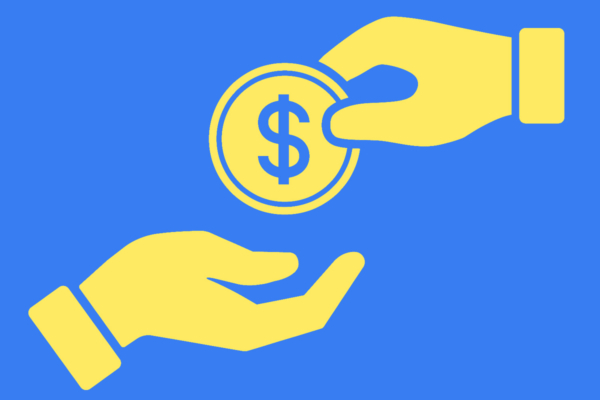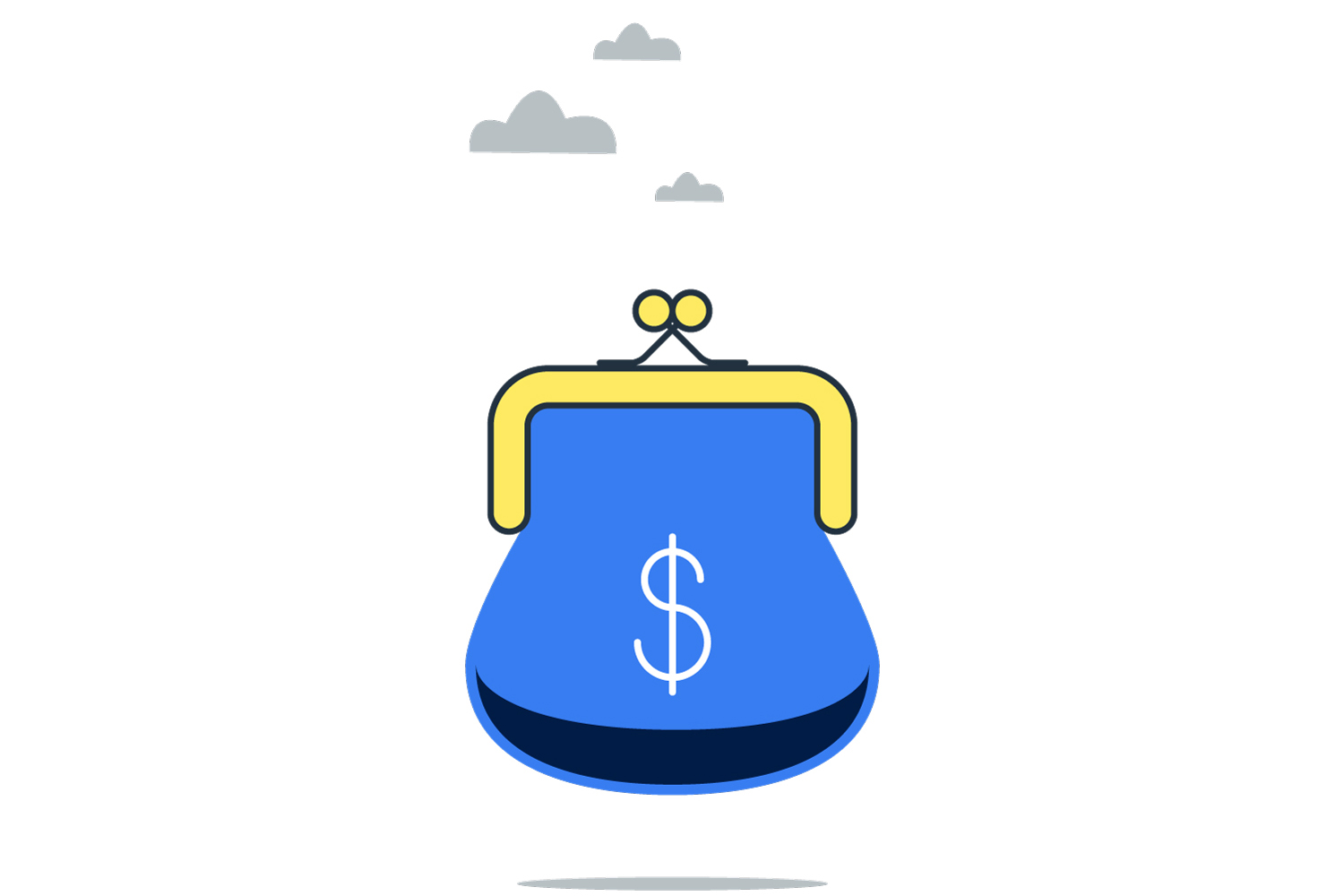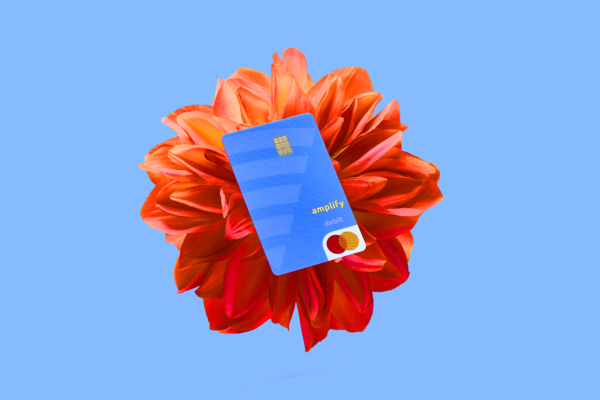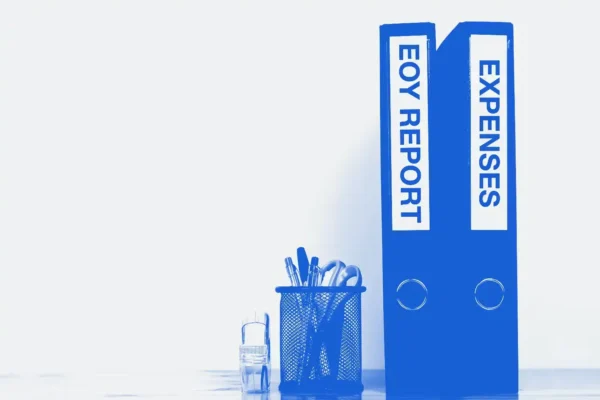
What Do You Need to Open a Bank Account?

Opening a bank account might seem like a small step—but it can open the door to a world of financial possibilities. Whether you’re hoping to set up direct deposit, streamline your bill pay, or just want a secure spot to grow your savings, choosing the right banking partner and knowing what you need ahead of time can make all the difference.
So, what do you need to open a bank account? In this guide, we’ll walk you through the entire process—from gathering your documents to choosing the right type of deposit account. Whether you’re applying online or in person, we’ve got you covered.
Step 1: Choose Where You Want to Bank
Before you open an account, you’ll want to choose the financial institution that best fits your needs. Banks and credit unions offer different features, interest rates, and customer service experiences. Some charge monthly maintenance fees or require minimum balances, while others—like Amplify Credit Union—offer fee-free banking with no minimum balance requirements.
Ask yourself:
- Do you prefer in-person service or do most of your banking online?
- Do you need access to a local branch?
- Are competitive interest rates on savings important to you?
- How important is customer service to your experience?
Take time to check reviews, compare features, and make sure your institution is FDIC-insured (for banks) or NCUA-insured (for credit unions). That means your money is protected up to applicable limits.
Fee-Free Banking is Here
Looking for a financial institution that doesn’t nickel and dime you? If you live or work in Texas, join Amplify!
Step 2: Decide Which Type of Account You Need
Next up: picking the right account. Most people start with a checking or savings account—or both. But what exactly are each used for, and how are they different?
- Checking accounts: Ideal for everyday transactions. You’ll receive a debit card, can set up direct deposit and bill pay, and easily transfer or withdraw money as needed.
- Savings accounts: Best for storing money you don’t need right away. You can open a savings account to grow your emergency fund, save for a vacation, or work toward any financial goal.
At credit unions like Amplify, you’ll be required to open a primary savings account to establish your membership—even if you’re aiming to open a checking account. The good news? Amplify will fund the initial deposit needed to get started.
And one more thing to consider: Are you planning to share finances? You can also open a joint account with a partner or family member. Just remember, both parties are fully responsible for the account.
Step 3: Gather the Personal Information You’ll Need
Once you’ve decided where you want to bank and what type of account you’d like to open, it’s now time to answer the big question: What do you need to open a bank account?
For new membership, you will need:
Two forms of ID, one primary and one secondary
- Primary: Government-issued photo ID, such as valid driver’s license, passport, military ID, or state ID
- Secondary: Social Security card, school identification card, major credit or debit card (like Visa, Mastercard, Discover, American Express, etc.)
- Social Security number or Individual Taxpayer Identification Number, if applicable
- Basic personal information: Full name, date of birth, current physical address, phone number, and email address.
Note: If you don’t have a Social Security number, don’t panic. Some financial institutions accept alternative forms of identification. Just call ahead and ask what’s accepted.
Step 4: Prepare Your Initial Deposit
Some banks require an initial deposit to fund your new account. This can range from just $5 to over $100, depending on the account type and institution. If you’re joining a credit union, your initial deposit often acts as your ownership share in the cooperative, and you can usually fund your account using cash, check, or transfer from an already existing account.
With Amplify, you can open a checking or savings account with no minimum deposit requirement—making it even easier to get started.
Step 5: Open an Account (Online or In Person)
Ready to go? Now you just need to open your account, which you can usually do either online or in-person.
To open a bank account online, most banks and credit unions have simple online applications.
Go to their website, look for “open an account” or “apply now,” and follow the instructions. You’ll likely need to complete the following steps:
- Fill out a secure application
- Upload or enter your personal information
- Provide a photo of your ID, if required
- Fund your account with your initial deposit
If you prefer in-person banking, you can visit your local branch and tell them you’d like to open a bank account. A representative will walk you through the application, help verify your documents—the same ones that you’d need to open your account online—and answer any questions you have about account features, interest rates, or customer service.
To set up an appointment with a community banker at Amplify Credit Union, call (512) 836-5901 or (800) 237-5087.
Step 6: Set Up Your Account Tools
Once your account is open, it’s time to make the most of it by using the banking tools offered to you by your chosen financial institution. To make day-to-day banking easier, you can enroll in online banking and download your bank’s mobile app, set up bill pay for recurring expenses like rent, utilities, and phone bills, and link other accounts for easy transfers. Also, don’t forget to activate your debit card and customize alerts and notifications for low balances or large transactions to protect yourself from overdraft or fraud.
Step 7: If Needed, Close Your Old Account
Now that your new bank account is up and running, don’t forget to wrap things up with your old account, if you already had one. If you’re changing accounts, there are several steps you’ll want to complete to make sure your transition goes smoothly:
- Update your direct deposit info with your employer
- Move automatic bill pay and subscriptions to your new account
- Transfer any remaining funds
- Verify all pending payments have cleared
- Officially close the account
By completing these steps, you’ll ensure you don’t get hit with fees for inactivity or fall below a required minimum balance. Opening a checking account is a great way to start fresh—just make sure the old account doesn’t sneak up on you later.
Why Bank with Amplify?
If you’re looking for simple, secure banking in Texas, Amplify Credit Union offers a full suite of banking accounts designed to keep your money accessible and your fees at zero. We’re proud to offer:
- Fee-free checking and savings accounts
- No minimum balance requirements
- In-branch and online support
- Friendly, local customer service
Whether you want to open a bank account online or in person, Amplify is here to help make the process smooth, fast, and stress-free.
Start Your Banking Journey Today
You don’t have to wait to start building better money habits. With the right deposit account, a little bit of planning, and a banking partner who puts you first, you’ll be well on your way. So, what do you need to open a bank account? Just a few documents, an initial deposit, and a banking partner like Amplify Credit Union. Apply online or visit your nearest branch to get started today!
Become an Amplify Member
Every Amplify account holder enjoys fee-free banking. That means no overdraft, maintenance, or other banking fees cutting into your pocket.




